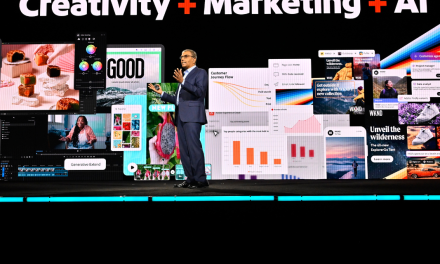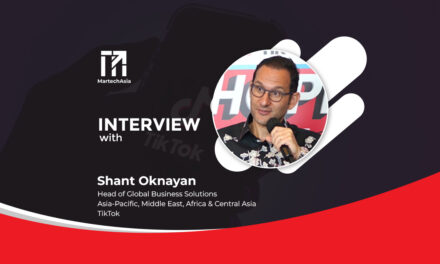In an exclusive interaction, Jyoti Vaddi, Director-Marketing, CropIn, explains the challenges the agri-tech industry is facing to ensure the agri sector benefits from all that technology has to offer.
Agriculture sector is one of the toughest nuts to crack when it comes to educating the farmers about technology. However, that scenario is changing gradually now. Gone are the days where Indian farmers were predominantly uneducated and were away from technology. The Gen-Z farmers are tech-savvy and some of them highly rely on the internet to learn new agri-technologies to use in their farming.
On the other hand, efforts are being made to bring technological innovations in the field of agriculture to the farmers. In an exclusive interaction, Jyoti Vaddi, Director-Marketing, CropIn, explains the challenges the agri-tech industry is facing to ensure the agri sector benefits from all that technology has to offer. Her organisation is focused on global expansion to make farming innovations accessible in India, Africa, South East Asia, Europe and South America – essentially building for the globe. There are nearly 570 million farms globally, and the company wants to create an impact on the majority of them.
Martech Asia (MA): What difficulties companies like CropIn face when it comes to brand building by breaking the education and social barriers for the farming community?
Jyoti Vaddi (Jyoti): At CropIn, we want to make technological innovations accessible to the agri sector. When we had started, the technology landscape in agriculture was still at a very nascent stage. We initially began as a B2C company but within months, we realised that the business model was not scalable across geographies or industries.
We understood the strategic & ground-level challenges and made attempts to overcome them. While we faced difficulties in making farmers understand the importance of adopting technological solutions initially, we gradually changed gears and adopted a B2B model. Devising an integrated online and offline strategy was the key for effective and efficient brand building. We had the onus of not just building the CropIn brand but also advancing the ‘AGRITECH’ trend to get eyeballs. Hence, it requires continuously innovating with our brand & marketing campaigns.
MA: How challenging is it for farm brands to reach the farmers in the rural areas?
Jyoti: The penetration of the Internet and smartphones in the rural areas has immensely aided in technology accessibility. The support from the ecosystem stakeholders – Governments, NGOs, Developmental Agencies (Das) – also helps in executing training programmes seamlessly at the grass-root level.
We solve varied use-cases and challenges offering multi-vertical platforms for different stakeholders in the agri-ecosystem. In addition to partnering with private enterprises, we also partner with Governments, DAs, NGOs & CSR Foundations in large scale projects to make technology innovations accessible to growers, solve their farming challenges and invest in their digital future.
MA: What marketing strategies work best and how technologies play an important role in enabling them?
Jyoti: We are focused on understanding agricultural challenges in each of these geographies of interest and provide solutions for solving these different use-cases. Our marketing strategies and communications are focused on customer segments and end buyers. The key is to plan and execute integrated campaigns to reach the right decision makers and influencers in the target customer segments – Message, Frequency & Relevancy are important. We leverage multiple platforms (both digital & offline) and various formats to reach our audience.
MA: With digital becoming the major playground for every company, how are marketing experts leveraging them to create a brand in the farming fraternity?
In the current pandemic situation when there is no/minimal in-person interaction with customers, a strong digital strategy has become essential. Targeted campaigns customised to each customer segment is key to reach a global audience. Hosting conferences, demos and webinars virtually is important to continue brand building and lead generation efforts. Digital fatigue and clutter are definitely challenges to overcome during the process.



















